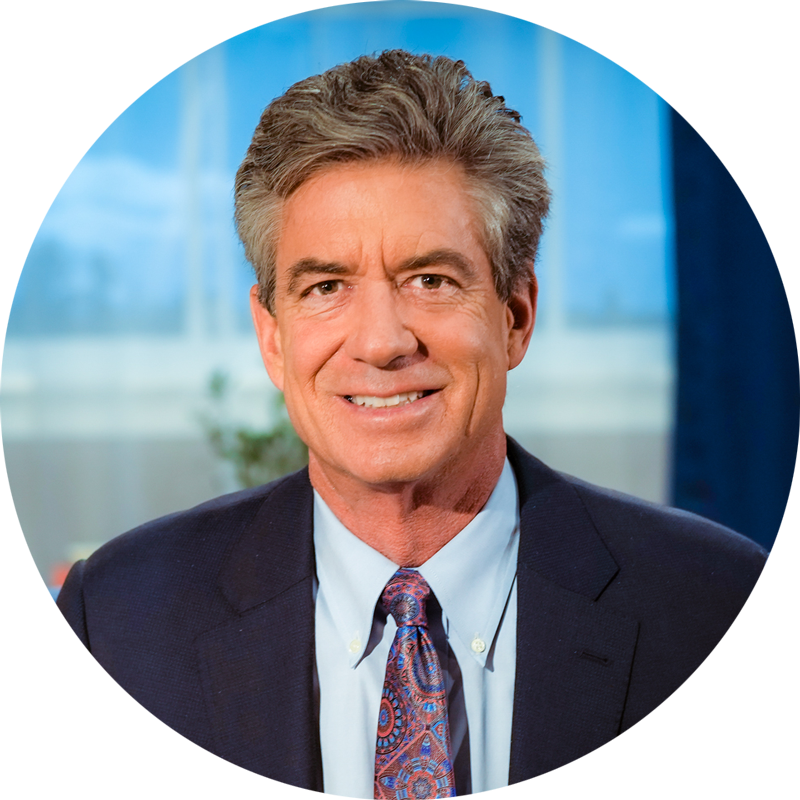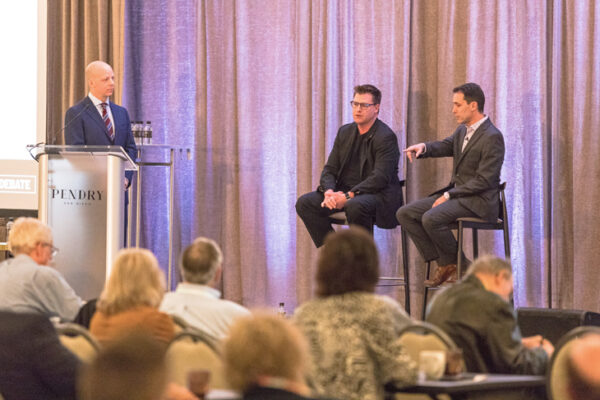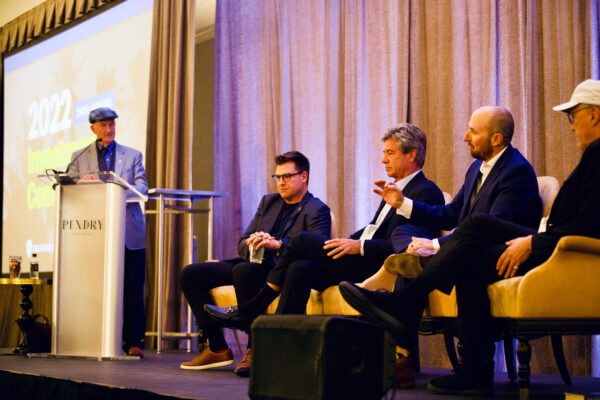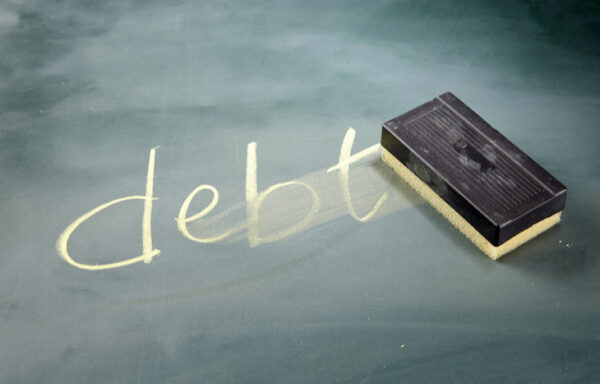Economic Inequality: Why It’s Not a Bad Thing
- Many people think that economic inequality is a huge problem in America, but that’s not true.
- Today, Alexander Green explains how inequality shows that our free market system is working.
In my last column, I argued that – contrary to many voices on the far left and far right – capitalism doesn’t need to be reformed.
Those who claim that it does generally cite the same reason: economic inequality.
In particular, many politicians hope to garner enough votes to gain (or regain) elected office by promising to fix the problem with massive income redistribution.
Some agree, arguing that it is wrong for some Americans to have so much more than others.
Some disagree, arguing that redistribution is a disincentive for those who work – and for able-bodied men and women who don’t – to strive harder.
But my question is a fundamental one. Is economic inequality really a problem?
It might seem so at first blush.
Over the past few decades, every quintile has gotten richer. But the wealthy – and especially the very wealthy – have gotten richer faster than the rest of us.
According to the Organization for Economic Cooperation and Development, the share of income going to the richest 1% between 1980 and 2015 grew from 8% to 18%, while the share going to the richest tenth of one percent grew from 2% to 8%.
Is this unfair?
I’m going to throw political correctness – not to mention envy – out the window here and contend that income inequality is not morally objectionable.
I should begin by explaining how most measures of inequality – like those cited by French economist Thomas Piketty in his bestseller Capitalism in the Twenty-First Century – are grossly inaccurate.
They fail to take into account just how much the wealthiest surrender in annual taxes.
(According to the Internal Revenue Service, for example, the top 1% of income earners pay more annually than the bottom 90%.)
They exclude government transfers – like Medicaid, food stamps, subsidized housing, etc. – that benefit those with little or no income.
And they ignore growing consumption equality.
For example, today you can buy an exponentially better computer, smartphone or flat-panel TV for far less than you spent on similar items a decade or more ago.
But a better starting point might be a story from my childhood…
I grew up in a middle-class household in Virginia – and my family belonged to a modest club with a swimming pool.
At the end of each summer we had a pool party for the adults and children, one where the pool manager did something that drove us kids into a frenzy.
He would take a large bucket of coins – mostly pennies and nickels but also some dimes and a few quarters – and toss them into the pool.
The kids would take a minute to line up along the edge, gazing hungrily at the glittering coins below. Then he blew a whistle.
We all dove in and scooped up as many coins as we could, obviously trying to pick up the dimes and quarters first.
The big kids – who were stronger and could hold their breath longer – would always grab the most.
That left less for us smaller kids. And there was nothing we could do about it.
Now, believe it or not, there are millions of educated adults who think this is essentially how our modern economy works.
They suppose that a fixed amount of money exists and we’re all in a mad scramble – known as “the rat race” – to scoop up as much as possible, with the strongest or greediest taking the most.
If Bill Gates and Oprah Winfrey have more – as they most certainly do – that means the rest of us necessarily have less, just like the smaller kids at the pool.
And that’s not fair!
Unfortunately, these folks have fallen prey to what economists call the “lump sum fallacy,” the idea that wealth – like those coins in the pool – is a fixed quantity.
Wealth isn’t just distributed (and redistributed). It is created. It grows over time.
If this weren’t true, national GDP, household incomes and household net worth – all inflation-adjusted figures – wouldn’t keep increasing.
Economic inequality is not the same thing as poverty. Poverty is a genuine problem.
Inequality is the fact that Tiger Woods and Taylor Swift have a lot more money than you. That’s not a real problem.
That’s the kind of problem people create in their heads by watching Lifestyles of the Rich and Famous or spending too much time on social media, where millions stage-manage their lives and – consciously or unconsciously – create jealousy and envy in others.
As citizens of the richest country in the world, we should make sure that everyone has a sufficiency. And we do.
(The people you see living on the streets generally choose to be there or have serious mental health and/or drug and alcohol problems.)
If everyone has the opportunity to live a long, healthy and pleasurable life – with three squares a day, a roof over their heads and access to a competent doctor – then it really doesn’t matter how big someone else’s house is, or how many cars they own or where they take their vacations.
Yes, some folks are born with genetic advantages or with more nurturing parents. Some work longer and harder. Some are more disciplined about saving. And some are better risk-takers and investors.
In a free country, there will always be economic inequality.
The least free countries – North Korea, Cuba and Venezuela, for example – have the greatest economic equality.
And those countries with the most generous income redistribution – as in most of Western Europe – have stagnant economies, high unemployment, lower annual income, less household net worth and much higher taxes.
Can anyone sincerely believe we want to move in that direction?
[adzerk-get-ad zone="245143" size="4"]About Alexander Green
Alexander Green is the Chief Investment Strategist of The Oxford Club, the world’s largest financial fellowship. For 16 years, Alex worked as an investment advisor, research analyst and portfolio manager on Wall Street. After developing his extensive knowledge and achieving financial independence, he retired at the age of 43.
Since then, he has been living “the second half of his life.” He runs The Oxford Communiqué, one of the most highly regarded publications in the industry. He also operates three fast-paced trading services: The Momentum Alert, The Insider Alert and Oxford Microcap Trader. In addition, he writes for Liberty Through Wealth, a free daily e-letter focused on financial freedom.
Alex is also the author of four New York Times bestselling books: The Gone Fishin’ Portfolio: Get Wise, Get Wealthy… and Get On With Your Life; The Secret of Shelter Island: Money and What Matters; Beyond Wealth: The Road Map to a Rich Life; and An Embarrassment of Riches: Tapping Into the World’s Greatest Legacy of Wealth.






